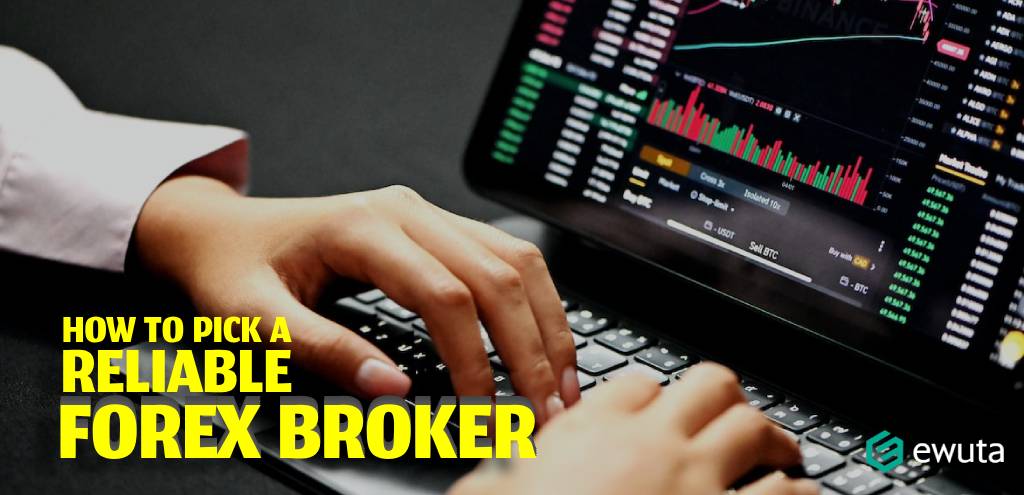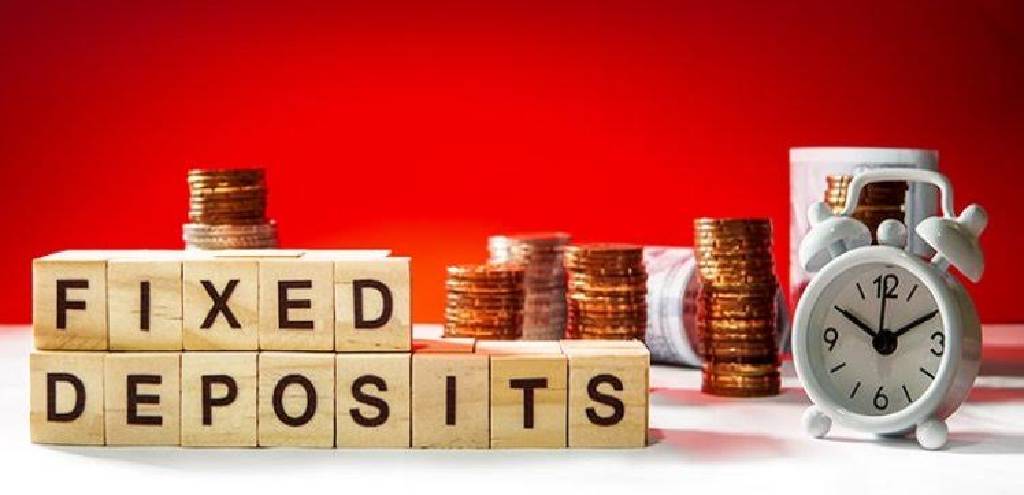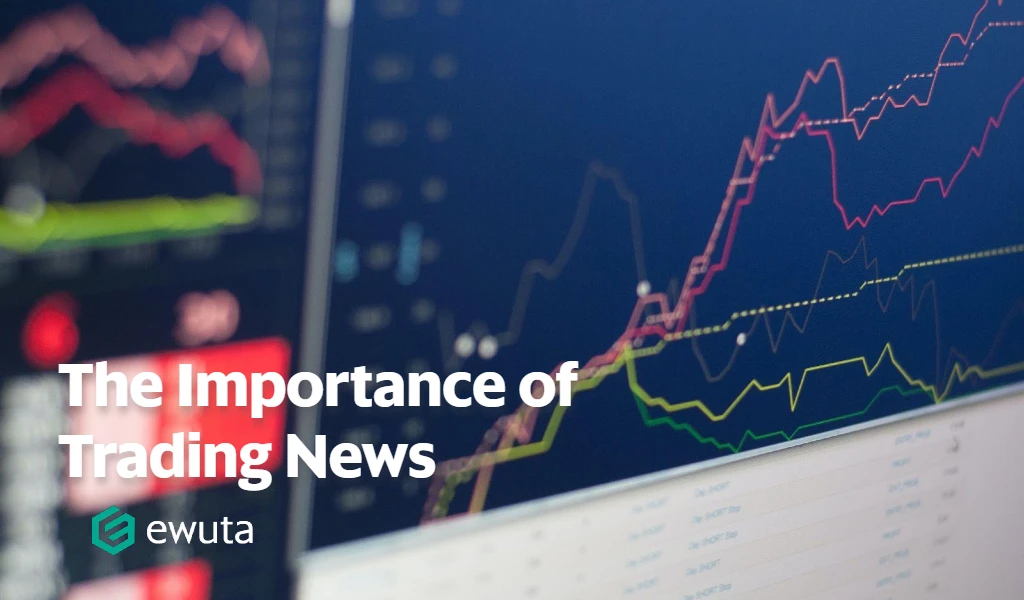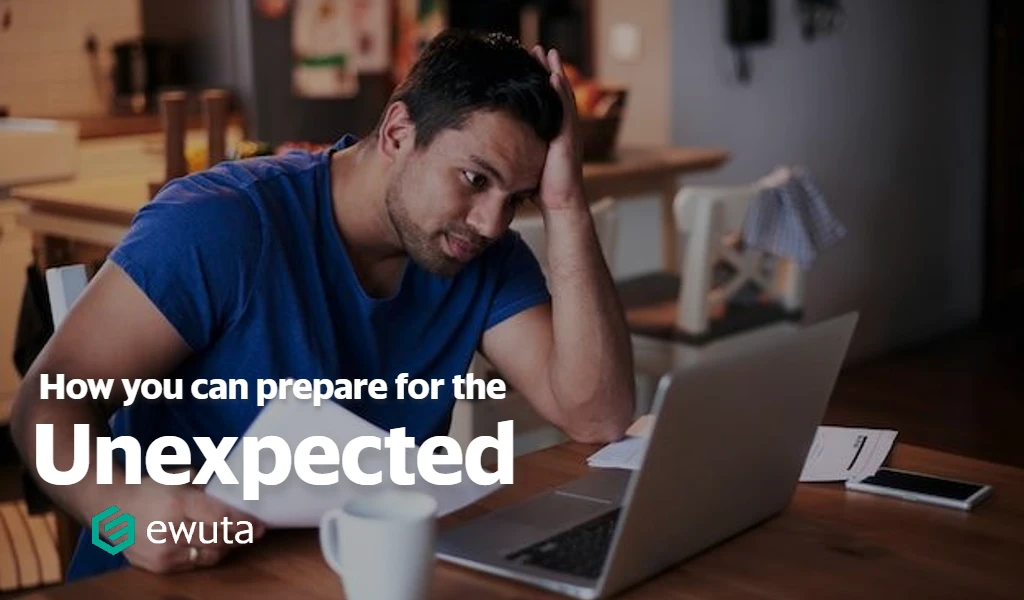Forex trading is among the most lucrative investments. With a good strategy, you can make unlimited profits within no time. Before trading in forex, though, you must engage a broker. In any case, all trades must pass through a registered broker.

With so many firms offering brokerage services, picking a good forex broker is a complicated matter. The broker can make the difference between success and failure.
Fortunately, these tips can help you select the right broker to jumpstart your forex trading career. Here’s what to consider.
1. Licensing and Regulation
All forex brokers must have a license and comply with the regulations of the jurisdiction they operate in. Regulatory compliance shows that the brokerage firm is legitimate and authorized to provide brokerage services.
You can obtain a broker’s license number and regulatory agency name on their website for verification.
2. Ensuring the Security of Your Funds
The safety of your funds should be out of the question when dealing with a regulated broker. Regulatory agencies in most jurisdictions require brokers to keep investor funds in separate segregated accounts in top-tier banks.
Some regulators provide government-backed deposit insurance for enhanced fund safety. If, for some reason, the broker goes bankrupt, you can recoup your investment.
3. Account Types
The ideal broker should provide multiple account options to fit your trading needs. For instance, if you’re new to the game, consider a broker with a demo account so you can practice before plunging into the market.
4. Margin and Leverage
Once you register a trading account with a broker, you must deposit a specified amount to place a trade. This security deposit is the margin. Different brokers have varying minimum margin levels depending on the trade size. Look for a broker with a minimum margin that fits your budget.
If you have limited capital, choose a high leverage broker to increase your potential profits. Leverage is a fund a broker offers traders to maximize their earnings on small trades. For example, if you have $200 and a broker provides a 1:1000 leverage, you can trade up to $200,000.
5. Trading Platforms and Instruments
Forex brokers provide various trading tools and platforms for the best trading experience. The most popular forex platforms include Meta Trader 5 & 4. They are available in Windows OS, MacOS, web, and mobile versions.
You can use the provided tools to analyze market trends, identify opportunities, and execute your trades. Regarding instruments, look for a broker with the best currency pairings to diversify your trade portfolio.
6. Forex Trading Fees and Commissions
Brokers make money by charging various trading fees and commissions. Since forex trading has marginal profits, the ideal broker should charge low trading fees to ensure you earn something tangible.
7. Deposit and Withdrawal Options
A good broker should offer multiple deposit and withdrawal options for extra convenience. Deposits and withdrawals should be fast and seamless with no hidden charges for peace of mind.
8. Training and Customer Support
Client support is crucial if you want to succeed in forex trading. Reliable brokers provide free educational resources and, sometimes, in-person courses to help traders profit from their trades and minimize losses. The support agents should also be easily accessible to answer your queries.
Conclusion
When choosing a forex broker, always look for a broker that is licensed and regulated. Make sure that they operate within the guidelines set by financial authorities. Choose a trading platform that has a user-friendly interface and is easy to understand.
Watch out for the fees that are being charged by the broker and always go for lower fees to help maximize your profits. The broker platform customer support is an important thing to check out. You can check how fast they will respond by contacting them.
Finally, read reviews and do thorough research to gauge the broker’s reputation and reliability.



